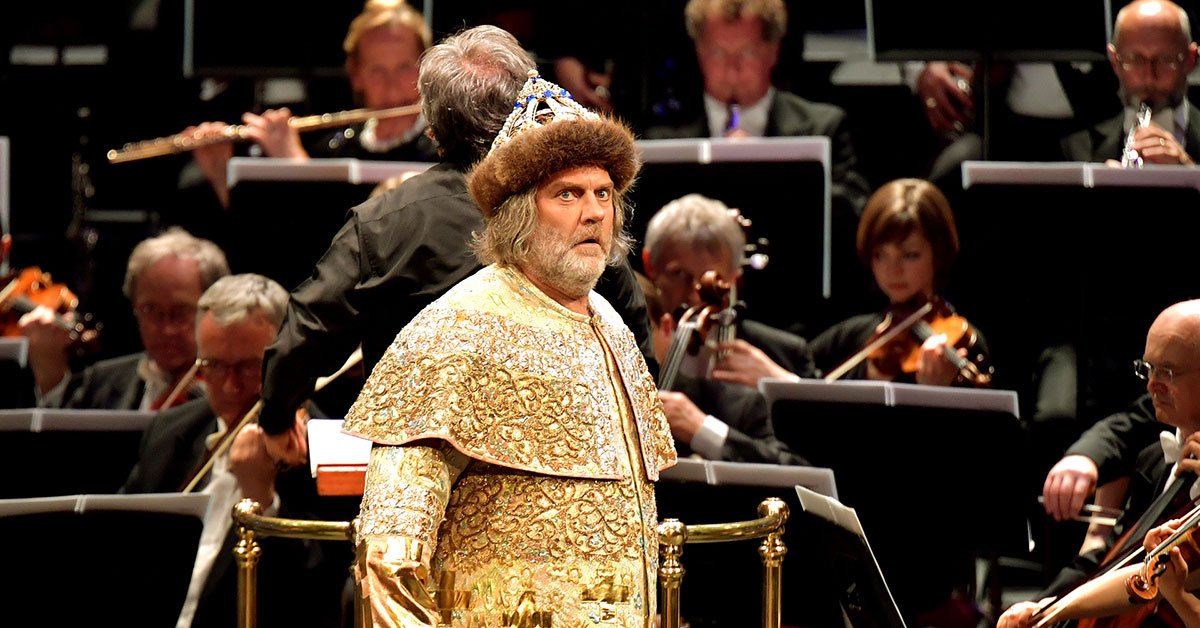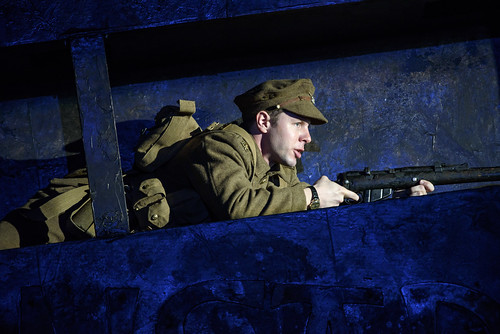 |
| Palais Garnier |
Academic travels have taken me to Paris; this loveliest of cities doesn't currently have opera to see, but it does, of course, have what may be the world's most opulent opera house. I was happy to discover that the
Opéra Garnier makes a good destination for the opera-loving tourist. Its Second Empire splendors are impressive in their own right... and this is an understatement; they are overwhelming, and intended to be so. Still, many of its pleasures, at least for me, come from the fact that it has such rich historical and literary resonances. As the home of the Paris Opera, it has inherited and preserved the holdings of the opera's earlier architectural incarnations. It's easy (if slightly anachronistic) to imagine the Count of Monte Cristo in one of the boxes; Dumas' mysterious protagonist loved the opera, particularly
Guillaume Tell. The opera house itself, famously (or infamously, perhaps) becomes a protagonist itself in Gaston Leroux' extraordinary fantasy of fin-de-siècle decadence. Today, the house offers pleasures both scholarly and frivolous.

Notable opera composers are quasi-ubiquitous within the house; Gluck and other luminaries of the French baroque welcome hypothetical opera-goers in the foyer (this isn't where one enters as one of hoi polloi getting a ticket to see the house alone, but you can and perhaps should go around and imagine yourself sweeping up the staircase.) The staircase is, of course, a wonder to behold. It is so entirely unrestrained, so much an apotheosis of its type, that I succumbed to it entirely.


 Notable opera composers are quasi-ubiquitous within the house; Gluck and other luminaries of the French baroque welcome hypothetical opera-goers in the foyer (this isn't where one enters as one of hoi polloi getting a ticket to see the house alone, but you can and perhaps should go around and imagine yourself sweeping up the staircase.) The staircase is, of course, a wonder to behold. It is so entirely unrestrained, so much an apotheosis of its type, that I succumbed to it entirely.
Notable opera composers are quasi-ubiquitous within the house; Gluck and other luminaries of the French baroque welcome hypothetical opera-goers in the foyer (this isn't where one enters as one of hoi polloi getting a ticket to see the house alone, but you can and perhaps should go around and imagine yourself sweeping up the staircase.) The staircase is, of course, a wonder to behold. It is so entirely unrestrained, so much an apotheosis of its type, that I succumbed to it entirely.
